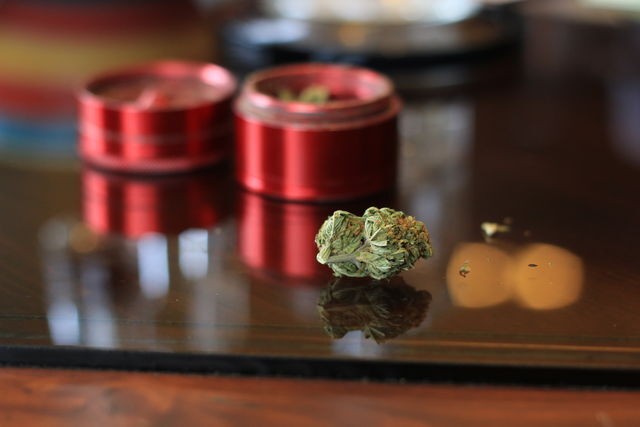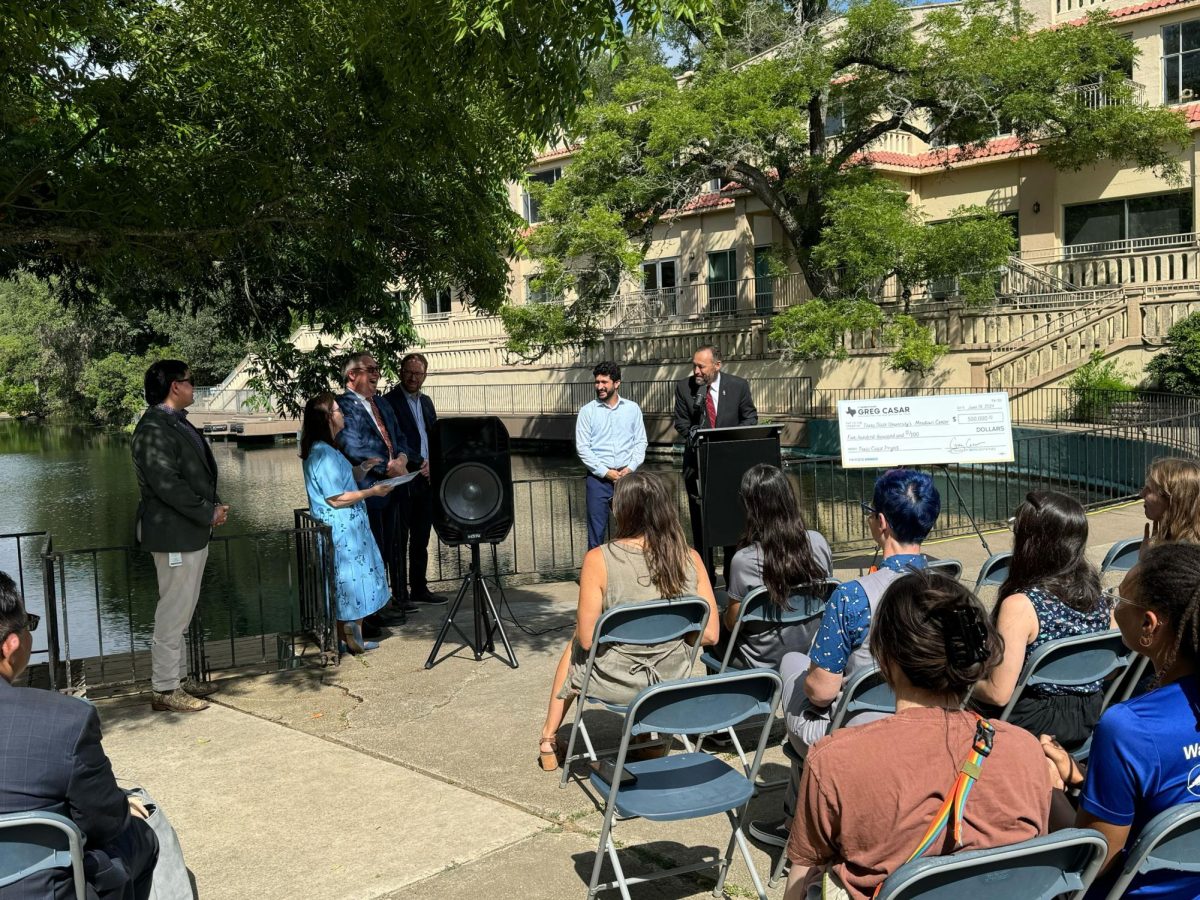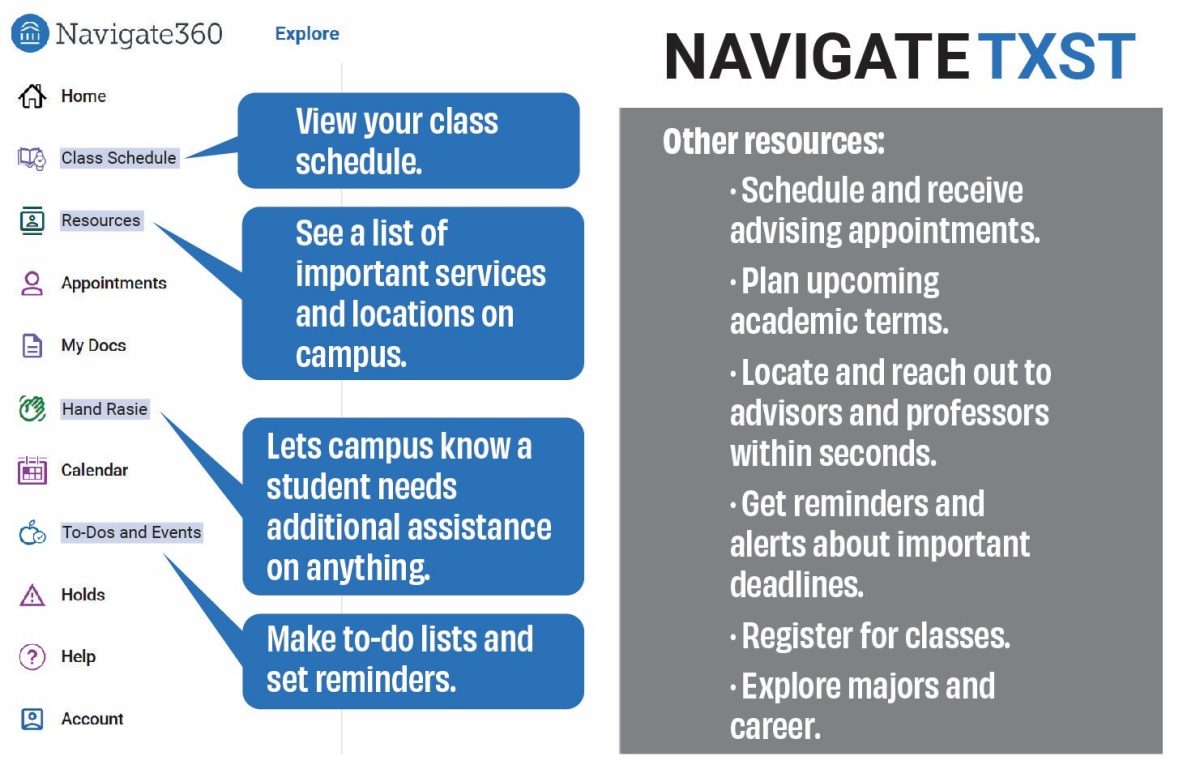A group of public relations students is hoping to change Texas residents’ opinions about medical marijuana use through a campaign class this semester.
Medical marijuana became legal in 28 states after California legalized it in 1996, prompting a group of public relations students to choose the topic for their class’ campaign project. Their objective is to garner solidified public support by spreading awareness about medical marijuana.
Trenten Spilman, public relations senior and campaign member, said he felt motivated to work on this topic because of the wide variety of ailments or disabilities benefited by medical marijuana.
“It can help treat people with epilepsy, cancer; multiple cases are out there where medical marijuana could help ease the treatment for patients, if only it were available to them,” Spilman said.
Spilman also referenced studies that concluded marijuana can have positive effects on people suffering from post-traumatic stress disorder.
Cecily Williams, public relations senior, is part of the campaign team and said it is centered on bringing awareness of the medicinal properties of marijuana to campus.
“Through Quad-days and an informational panel, we want to reach the student body and make them aware of the benefits of medical marijuana,” Williams said.
Williams encourages students to elect representatives who will support their interests, especially if the campaign aligns with students’ ideas on medical marijuana.
“It is clear that medical marijuana is the future of health and medicine,” Williams said.
Charles Kaufman, senior lecturer in the School of Journalism and Mass Communication, is guiding Williams and Spilman through this capstone course.
“The objective for teaching this course is to allow students to put all of the skills that they have acquired during their couple years of plying through all the major courses… and put all that together,” Kaufman said.
Kaufman said the class is to give students hands-on experience in a serious subject, and that he wants the campaign to impact how to students feel about themselves and their ability to influence society.
“They’re going to create a campaign, implement the campaign, and put something on their resume that’s really meaningful,” Kaufman said.
Connor Oakley, legislative director of the Medical Cannabis Association of Texas and Texas State alumnus, spoke about the lack of permits issued through the Compassionate Use Act and MCAT’s goal to help people gain access to medicinal marijuana.
“We’d love to see this get to more people, love to see more permits given, and for this medicine to receive the tier 1 university research it deserves,” Oakley said. “We want this to be far more accessible.”
The Compassionate Use Act mandates that at least three physician groups in Texas be licensed to prescribe low-THC cannabidiol to epileptic patients. Three of the 43 doctors that applied to have a dispensing organization were accepted, with two in the Austin area.
Public relations course promotes legalizing medical marijuana
March 30, 2018
A strand of medical marijuana that has been prescribed to help treat the effects of epilepsy.
Photo by Chelsea Yohn | Staff Photographer
Donate to The University Star
Your donation will support the student journalists of Texas State University. Your contribution will allow us to purchase equipment and cover our annual website hosting costs.
























